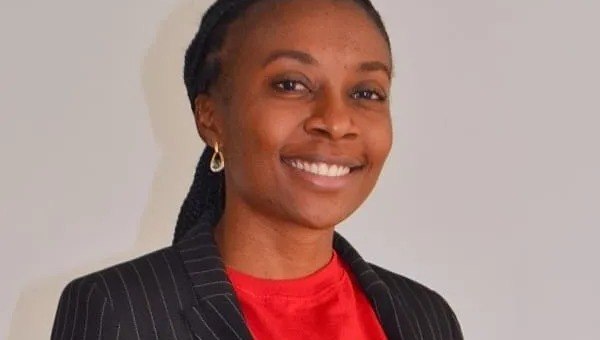Embrace Diversity: 2019 Fuller Prize Winner Irene Crestanello
Irene Crestanello (Class of 2021) is an International Affairs major from Verona, Italy. Irene is the recipient of JCU’s 2019 Albert Walker Fuller Prize for her essay “Embrace Diversity.”

Irene Crestanello
What brought you to JCU?
Even if I enjoyed my time in Verona, during high school I started feeling the need to move to a bigger and cosmopolitan city. Since I have always loved Rome, the idea of moving here was my plan A from the beginning. I learned about JCU during my third year of high school and visited the university at the first opportunity. I immediately fell in love with the international environment and applied the following year.
What are the advantages of studying International Affairs today?
Globalization and modernity have led to an unprecedented connection between countries. Studying international affairs allows me to understand the dynamics between countries and their relations, and at the same time to go deeper and analyze domestic and international politics. Apart from my academic goals, one of my biggest personal achievements this year was realizing that I am able to apply knowledge gained during studying processes to everyday life and therefore improve myself as a person.
You won the Albert Walker Fuller Prize 2019 for your essay “Embrace Diversity.” Please tell us about the process.
This year I also had the honor of winning the Albert Walker Fuller Prize. As for my paper, not only does it embrace an ironic approach to perceiving student interactions, but it also proposes a more far-reaching philosophical idea of self-improvement as well as an overall expansion of one’s cultural horizons. My source of inspirations was the JCU international environment, which I briefly analyzed through Sapir and Whorf’s ideas on how language shapes our mind.
What are your plans for the future?
Once finished university, I would like to obtain a Master’s in International Security, maybe in the U.K. Regarding my professional career, I am starting to take into consideration the idea of working in the anti-terrorism field.
What is your advice to other students who are considering JCU?
Undoubtedly, if you are considering coming to study at John Cabot University, you should come to an understanding that it is extremely challenging and requires your full attention. It follows that new students have to be ready for the responsibilities associated with a high standard of education. The amazing feature of JCU is that students can prepare themselves for pushing their limits in a wonderful place, surrounded by people from all over the world.
***********************************************************************************************************************************
Embrace Diversity
by Irene Crestanello
John Cabot University is an international university. Call it American, say that it is in Rome; still, the international dimension prevails. We can sometimes forget about the precious reality we live every day, but as soon as someone asks us about our student life, we proudly share our experience.
The global aspect of our environment is reflected by the huge number of languages spoken by the student body, and this is what I want to focus on. Languages can shape our brains, influencing the way we think and act. The linguists Edward Sapir and Benjamin Lee Whorf knew this well: they theorized that each language provides a different structure that fixes itself in the subconscious, and therefore, different native speakers will have different mind architectures. This is due to the fact that each language, focusing on disparate components of being, creates diverse ways of thinking about the world. It does not mean that languages determine what we think, but how we think about what we think instead (Sapir). To make myself clear, here is an easy example: the word “sun” in German is feminine (Die Sonne), while in Italian is masculine (il sole); therefore, the conception of the “gender” of the sun is different.
If you think this is banal, you may have not got the concept entirely, so here is a more interesting example. The Australian aboriginal population “Kuuk-Thaayorre” speaks a language that lacks the words “right, left, in front and back.” If they have to describe the position of an object, they use cardinal signs. Having said this, if we have to write down facts in chronological order on a timeline, we will most probably move from left to right. But if the Kuuk-Thaayorre are asked to do the same thing, they will always move from east to west, no matter where they are in the world (Boroditsky). Their language led them to develop a sense of direction unexcelled by anyone else. Incredible, right?
So, what can the coexistence of so many languages in a relatively small place such as our university result in? The chances we have in this university to open ourselves to new languages and new cultures are countless, we cannot waste them. Spending time with our fellow countrymen while abroad is the easiest and most natural approach to a new experience, however, it does not improve our lives.
We need to stop looking for our own traditional lifestyle whenever we go to a new place, but encourage the promotion of intercultural initiatives and relations within our environment, our city and the world. For we have the amazing opportunity to become citizens of the world without even crossing Ponte Sisto.





